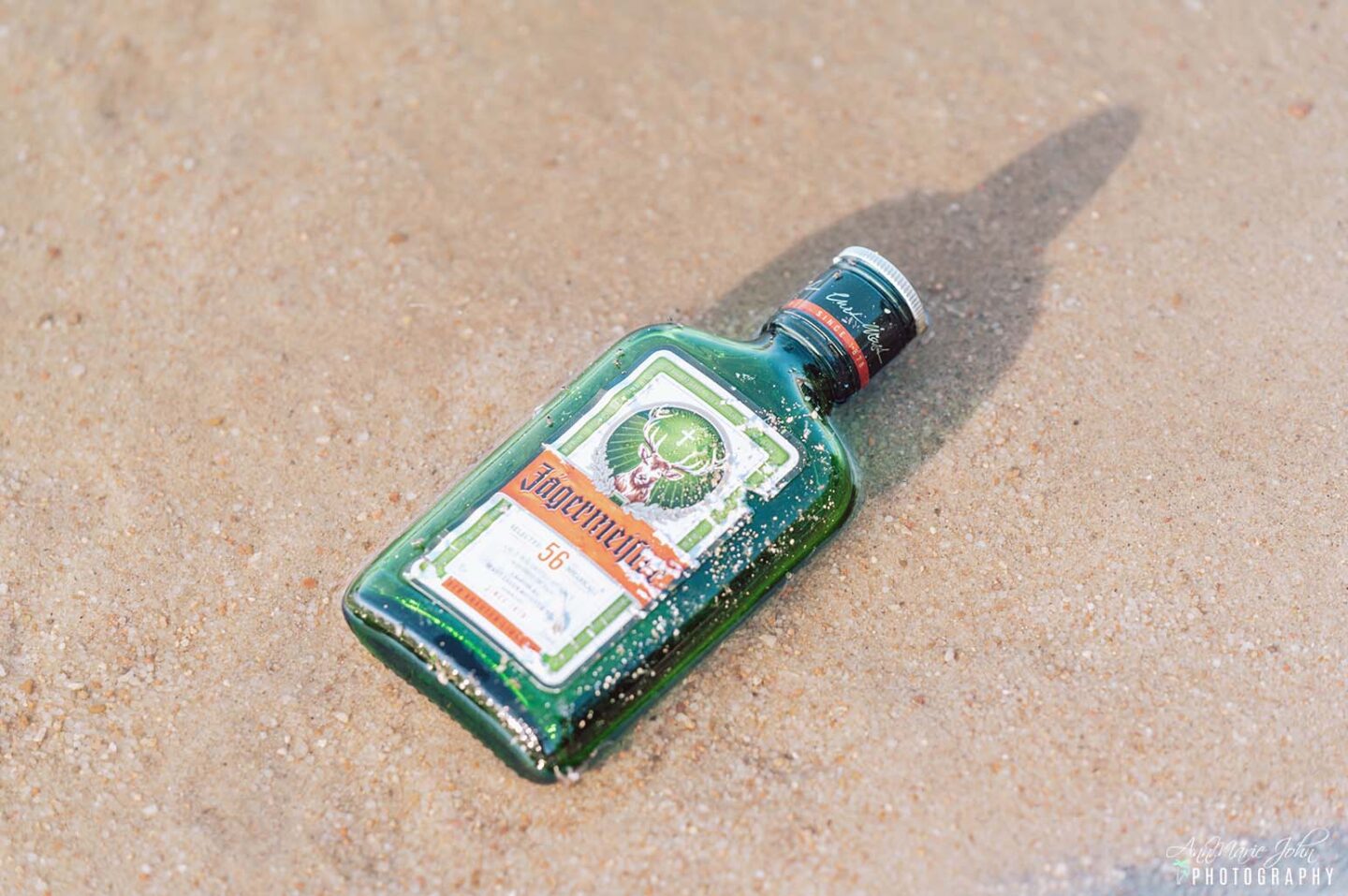Drinking alcohol is a socially acceptable form of drug-taking. Practically everyone does it without batting an eyelid, even though they might recoil in horror at the idea of someone taking hard drugs.
Because of this, it’s easy to slip into a relationship with someone you believe might have a drinking problem. It can be hard to know what to do when someone drinks heavily. You might feel overwhelmed, anxious, and concerned for their well-being.

The first step is to figure out whether your loved one really has an alcohol problem or not. Common signs include:
- Seeing them drink often and heavily outside of social occasions
- Feeling pressure from them to excuse their drinking as something normal
- Getting hurt or embarrassed by the effects of their drinking habits
- Having to constantly bail them out and provide them with money because they are spending a lot on alcohol
- Calling them police because you’re worried about your loved one hurting themselves or others because of their drink habit
The next step is to respond to the situation in a way that will help your partner come to terms with their problem. Today, there is a lot of emotional support for alcoholics out there, but it is only effective if they are in the right state of mind. Aggravating someone with a drinking problem usually won’t work.
Here’s what to do if you think that your partner might be drinking excessively:
Get Support
Confronting a partner with a heavy drinking problem can be a challenging task. Usually, they won’t like it if you point out their issues, and it could hurt you emotionally.
The trick here is to seek support. You could talk to a spiritual leader, counselor, or friend about what you’re going through. There are also freephone organizations you can contact, however, these can’t offer advice.
There are also networks that you can join where you can discuss the issues you’re facing with other people who’ve been through similar situations, and former heavy drinkers themselves.
Find Out As Much As You Can About Alcohol Dependency
Before you go charging in, demanding that your partner stop drinking, it’s a good idea to learn as much as you can about alcohol dependency. You want to understand the condition as fully as you can and study up on what alcohol misuse does to the body.
Approach Your Partner
Once you have the knowledge you need, the next step is to approach your partner and talk to them about the situation. Make sure that you choose a time when they are relaxed and happy. Don’t try to approach them when they are stressed, angry, or drunk.
Concentrate On Results
If you can, leave emotion out of it. Focus entirely on the results that you would like your partner to achieve. Don’t say things like, “I don’t want to live with an alcoholic anymore” or “you’re a weak person because you drink all the time.” Instead, lay out the facts of what alcohol does to the brain and offer to help your partner work through it. The likelihood is that they know they have a problem, and they may be scared and want your support. If you go in heavy-handed, you risk failing to bring this out of them.
Get A Plan Together
Of course, just talking to them about their drinking problem is very different from actually getting them off the booze. Therefore, you’ll also need to put a plan together to help them.
Start by looking for local Alcoholics Anonymous meetings in your local area and find out whether there are any groups your loved one could join. Partnering with other people trying to get off drink boosts accountability and shows your partner that it is possible to overcome addiction.
You’ll also want to research treatment facilities. In cases of serious alcohol dependency, people need constant medical attention to monitor their withdrawal symptoms.
You’ll also want to support them with counseling. While going tee-total will help reduce the physical dependency on a substance, it doesn’t deal with the underlying drivers of alcohol misuse.
In Conclusion
Don’t lecture or shame your loved ones about their drinking habits. It’ll only cause them to become defensive and resist seeking help. Also, stop covering their tracks. It’s not your job to clean up the mess when they do destructive things. In fact, the more people who see their predicament, the more likely they are to receive help.
Lastly, don’t let your alcoholic partner consume you. Retain a part of yourself exclusively for you.
